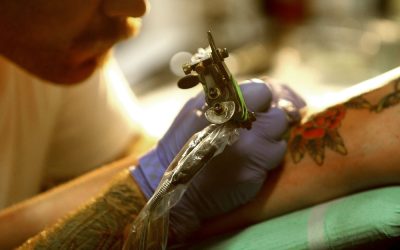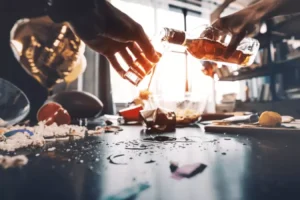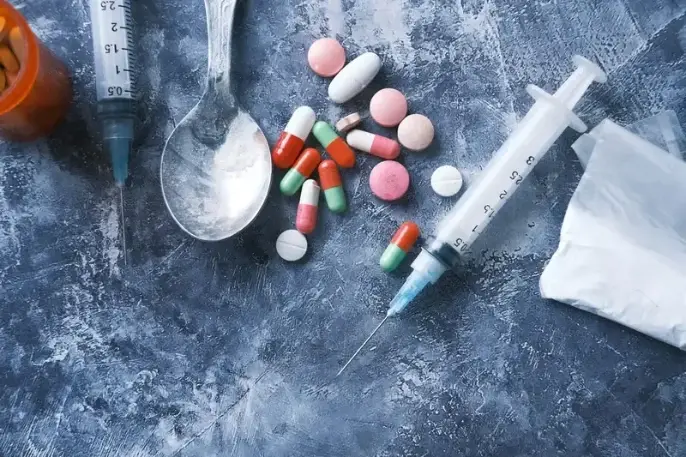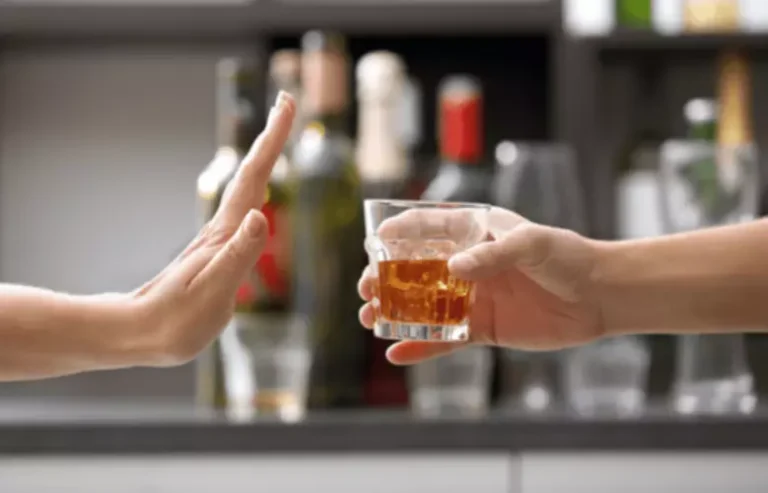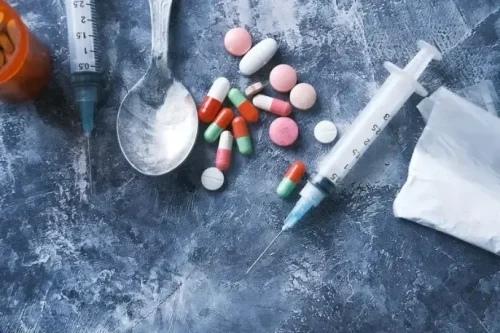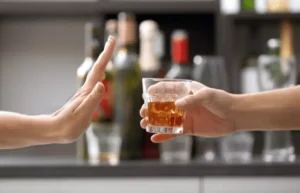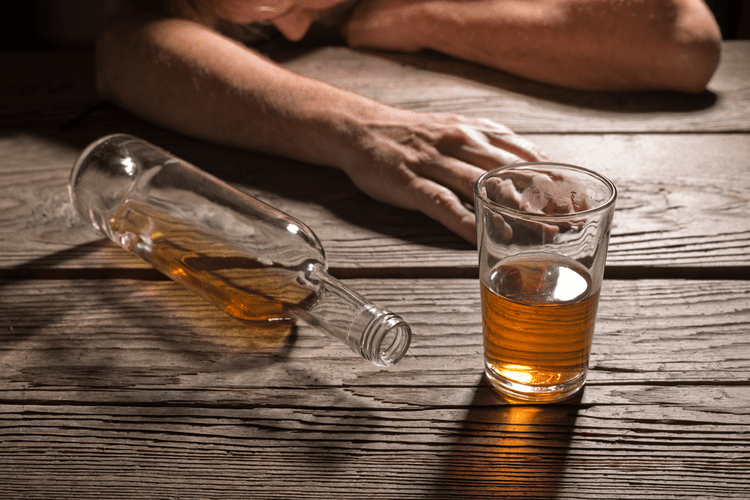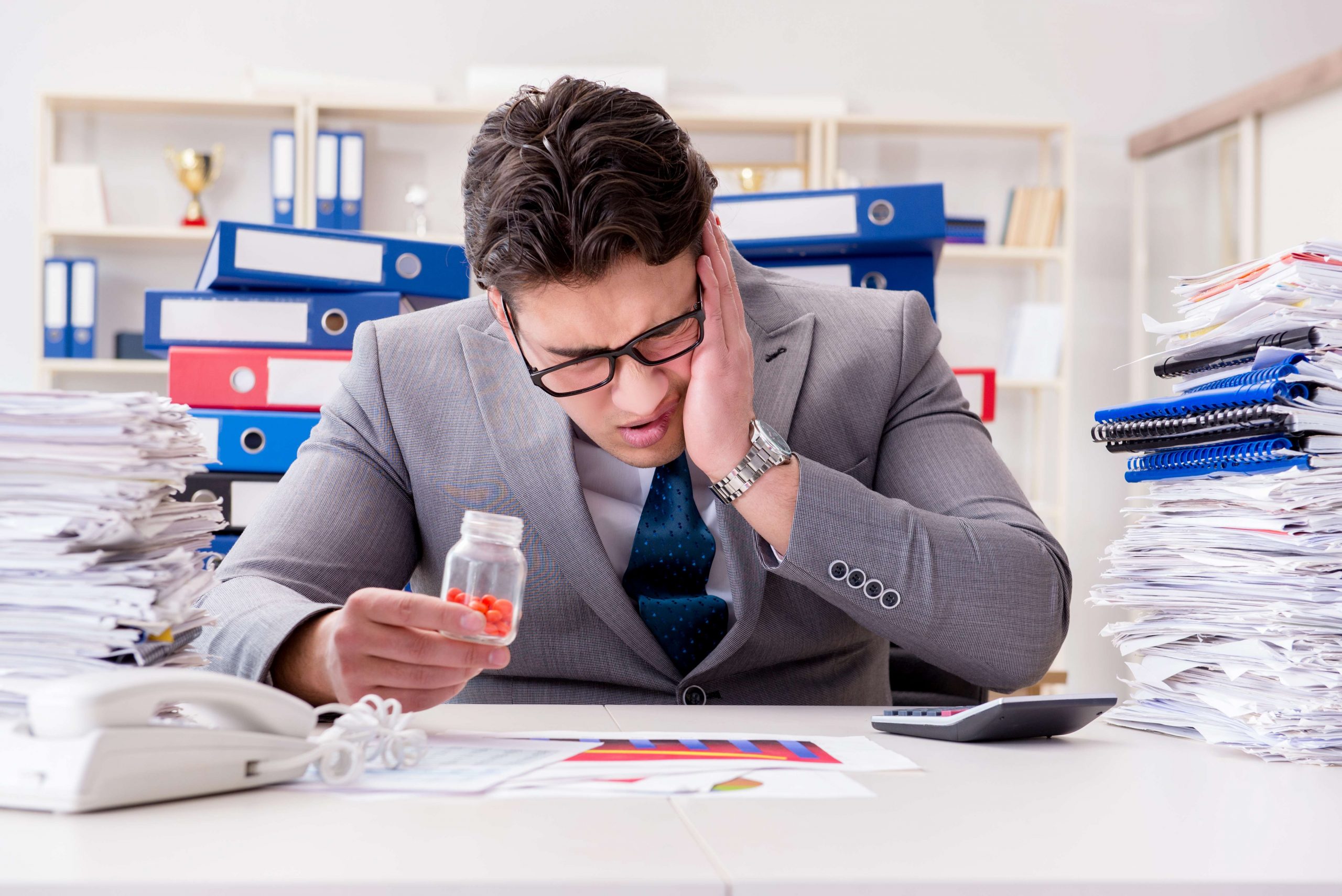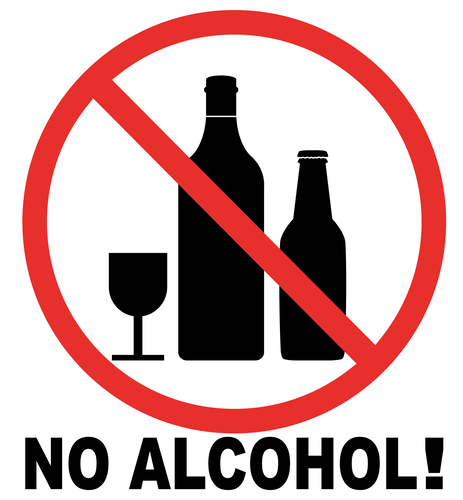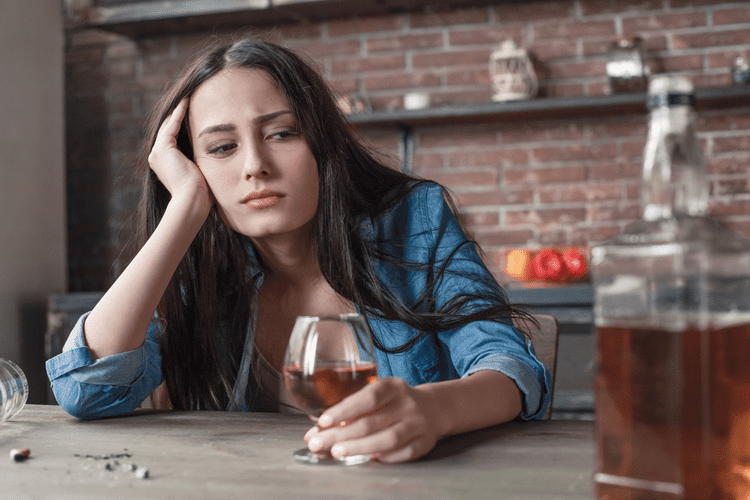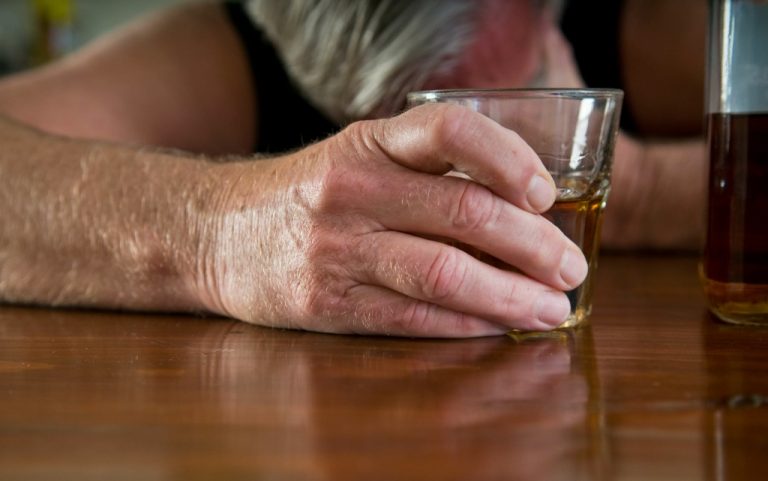
People with epilepsy who drink alcohol may also be less likely to adhere to their medication schedule. If you are especially sensitive to either your AED or alcohol, it may be best to avoid drinking while taking that particular medication. Binge drinking is defined as a pattern of drinking that brings blood alcohol concentration to 0.08 percent or higher. This means consuming roughly five or more drinks for a man, or four or more drinks for a woman, in about two hours. Several treatment options and interventions can help a person recover from alcohol dependence. Once a person stops using alcohol, they can often experience recovery from symptoms, though in some cases, some damage may be permanent.
Most of these medications lower your alcohol tolerance, causing you to become intoxicated or feel the effects of alcohol more quickly or severely. Studies(1) show that persons who regularly consume large amounts of alcohol can increase their risk of seizures by abruptly reducing or discontinuing consumption (withdrawal seizures). This drastic change in habit also increases the risk of developing epilepsy three-fold. There seems to be no increased risk for epilepsy in persons who drink less than 50 grams (about two drinks) of alcohol daily. Increasing daily alcohol consumption increases the risk for seizures. There is a 15- to 20-fold increase in risk of seizures for persons who drink 200 grams of alcohol or more on a daily basis.
If you have any doubts about epilepsy and alcohol, speak to your medical team for more advice. It is also worthwhile to speak with your pharmacist to find out whether you can drink alcohol with your anti-epilepsy drugs. Unprovoked seizures that occur more than 48 hours after a person’s last drink may be due to another cause, such as head injury or withdrawal from other drugs. Seizures may occur in around 5% of people with alcohol withdrawal syndrome. This may be due to alcohol’s effect on the brain, sleep, and anti-seizure medications.
There is no definitive cutoff for what amount of alcohol you have to drink to experience withdrawal symptoms that increase the risk of seizures. As a general rule, the longer you have been drinking over time and the more you drink, the higher your risk for developing withdrawal symptoms, which may include seizures. People who drink large amounts of alcohol and suddenly stop are at a higher-than-usual risk of seizures. About 5 percent of people detoxing from alcohol abuse will have alcohol withdrawal seizures as part of the process of quitting drinking. This can happen whether or not a person has epilepsy at the time of the withdrawal.
It’s important to discuss drinking with your doctor, especially as it relates to any medication you may be taking. This condition can be acute, affecting people for a short period of time before resolving, or chronic, lasting for a longer period of time. With alcohol use disorder (AUD), GABA responses just never return to normal. The brain is always slightly sedated, and the body is always trying to return to normal. There are many potential triggers for someone who is prone to seizures. Flashing lights, especially repetitive on and off or patterns, may trigger a seizure.
Someone with an alcohol withdrawal seizure may experience does alcohol affect gallbladder convulsions and lose consciousness. If an alcohol withdrawal seizure occurs, it is a medical emergency. Withdrawal seizures can begin within just a few hours after stopping drinking, or they can take up to 72 hours to start.
But some people can experience smaller episodes that don’t seem like full-body seizures. Others have seizures when they try to quit drinking after long periods. These can be life-threatening episodes, so it’s critical to know what they look like and how they’re treated. Alcohol acts by stimulating receptors in your brain that cause brain activity to be suppressed. There are some specific considerations that may affect your risk of seizures when using alcohol.
How can alcohol-related neurologic disease be prevented?
After the seizure, you should position them on their side and ensure that their airway is clear while waiting for emergency assistance. Alcohol withdrawal can be dangerous for many reasons, but seizures and the possible development of delirium tremens increase the risk of severe complications or even death. Alcohol abuse is the biggest risk factor causing road collisions and injuries, according to the Canadian Medical Association (CMA). A chronic alcohol abuser should not drive any type of motor vehicle.
Addiction Questions?

We offer a combination of proven therapies and services to meet your individual needs. We are also equipped to treat co-occurring disorders such as depression, anxiety disorders, PTSD and others. If you think you may be struggling with alcoholism or have experienced an alcohol-induced seizure, it may be time to seek professional help. For many, choosing to take that first step to seeking treatment can be scary, but you’re not alone.
Epilepsy and alcohol – can you drink safely?
Call 911 and tell the operator you think the person is experiencing an alcohol seizure. The emergency operator will often direct you on further steps to take. While cirrhosis scars from excessive drinking are irreversible, quitting alcohol and leading a healthier lifestyle can help your liver heal from alcohol-related liver disease.
- Excessive consumption of alcohol causes alcohol-related neurologic disease.
- Many people with epilepsy have their first seizure when they are hungover.
- Binge drinking and alcohol withdrawal together can cause seizures, even in people not previously diagnosed with epilepsy.
- Another 4.5 per cent of this population will be diagnosed with epilepsy by the age of 80.
Typically, alcohol withdrawal symptoms happen for heavier drinkers. Alcohol withdrawal can begin within hours of ending a drinking session. If someone has a seizure from alcohol withdrawal symptoms, you should move things out of the way that they could accidentally hurt themselves with during the seizure. You should not try to touch them or hold them during the seizure. You should also call 911 and get emergency medical help as soon as possible, even if the seizure has stopped.
Types and symptoms of alcohol-related neurologic disease
If you or someone you care about abuses alcohol, you might be concerned about the negative consequences of drinking too much. Below, you’ll learn more about seizures, how they can be linked to alcohol use, abuse and alcoholism, and how to know whether you or someone you love might be addicted to alcohol. Alcohol withdrawal seizures may begin within hours to days of stopping alcohol use or starting an alcohol detox. The timeframe will be different for everyone, but seizures will normally start within the first 72 hours. Alcohol withdrawal seizures can occur within a few hours or up to 72 hours after stopping demi lovato age drinking.
Avoiding alcohol is the best way to treat these conditions and relieve symptoms. Alcohol can have significant negative effects on the central nervoussystem (CNS). Drinking alcohol can also have negative effects on the peripheral nervous system (PNS). This includes the nerves that send signals to the muscles and organs.
Let’s take a look at the relationship between alcohol and seizures to shed some light on why drinking is a potential trigger. Epilepsy is defined as a spectrum of disorders that involve the central nervous system (brain and spine). The seizures that occur in epilepsy are caused by abnormal brain activity. These seizures may cause people narcissistic alcoholic mother to have unusual sensations or emotions, behave in unexpected ways, or experience convulsions or loss of consciousness. A typical alcohol withdrawal seizure is a tonic-clonic seizure (also called a grand-mal seizure).[4] This episode involves a loss of consciousness accompanied by violent muscle spasms.
